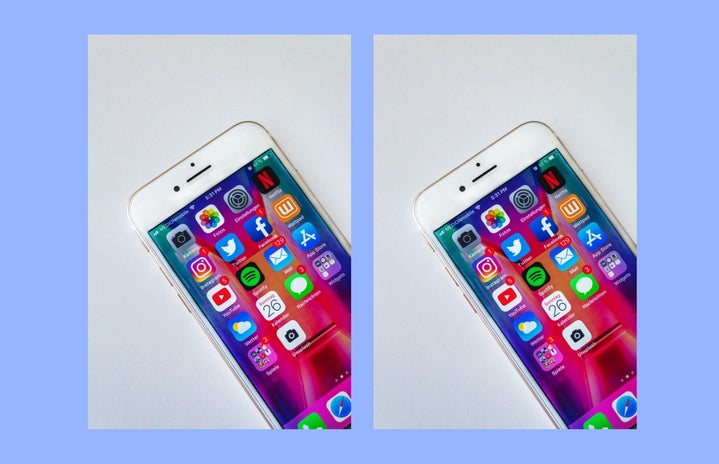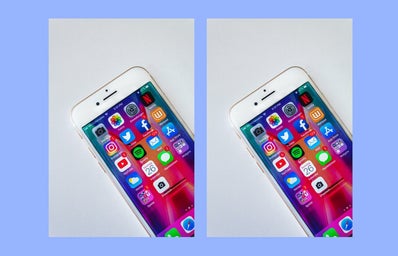As the world of social media grips hold of our everyday lives, the need to brand your identity seems to be an obvious part of portraying your personality to the public. Because of this, social media has become a ‘safe space’ for people to talk about their mental illnesses such as depression. On one hand, this may be seen as a positive development – depression is not as taboo as before and society seems to have become more understanding or aware of those that do suffer from it. However, communicating how you feel on networks such as Instagram or Tumblr comes with the problems of illustrating one’s issue(s) as a visual mood.
Expressing depression has become so closely intertwined with personal identity and branding that it has become a sort of aesthetic. A simple, picturesque image of the evening sky paired with a line from a heartbreak song can easily be sought out as #depressed. In this way, social media has significantly redefined what we perceive as depression or mental illness and has linked this with connotations of a sense of beauty or allure.
The danger with romanticizing depression is that society is normalizing this trend of depressive Instagram posts and tweets to the point where it is possibly even trivializing those who are in fact clinically depressed. Those that are looking for followers or self-affirmation through beautifully sad posts and those that are following these pages are arguably glorifying one’s sadness. Social media is such an overt platform that engages with countless amounts of people that this glorification may be encouraging people to feel that this sadness is desirable. This type of exhibitionism not only encourages this behavior but also desensitizes people from this unhealthy attraction or relationship with depression.
Whether these posts started off as a method of destigmatizing mental illnesses is questionable, however, it is clear that this popular way of expressing one’s depression has taken the focus away from those who are truly struggling. We need to stop cultivating this depressive branding because, at the end of the day, mental illness isn’t a mood of ‘beautiful suffering.’ For a lot of people, it is life-consuming and can be a painful journey that is not endured by choice. Those who are using this sad branding as a means to gain more followers or media attention may be considered offensive for a lot of those who are quietly experiencing trauma, self-destruction or even suicidal thoughts in the background.
By aestheticizing depression and other mental illnesses, we may be trivializing these issues and making it even more difficult for those who need clinical help to reach out. How can it be easy for someone who hasn’t posted about their depression to call out for help and say ‘Hey, I think I’m really depressed,’ when it is either brushed off as more of a mood than a problem, or is taken lightly due to the fact that they don’t ‘seem depressed’ because their feed doesn’t reflect that. This trivialization limits people’s access to mental healthcare and inherently endangers those that have been silenced by hashtags that have defined what is or isn’t depression.
Let’s think twice before we decide to post something aesthetically depressing in order to be social media trendy.
Let’s stop invalidating depression and other mental illnesses.


